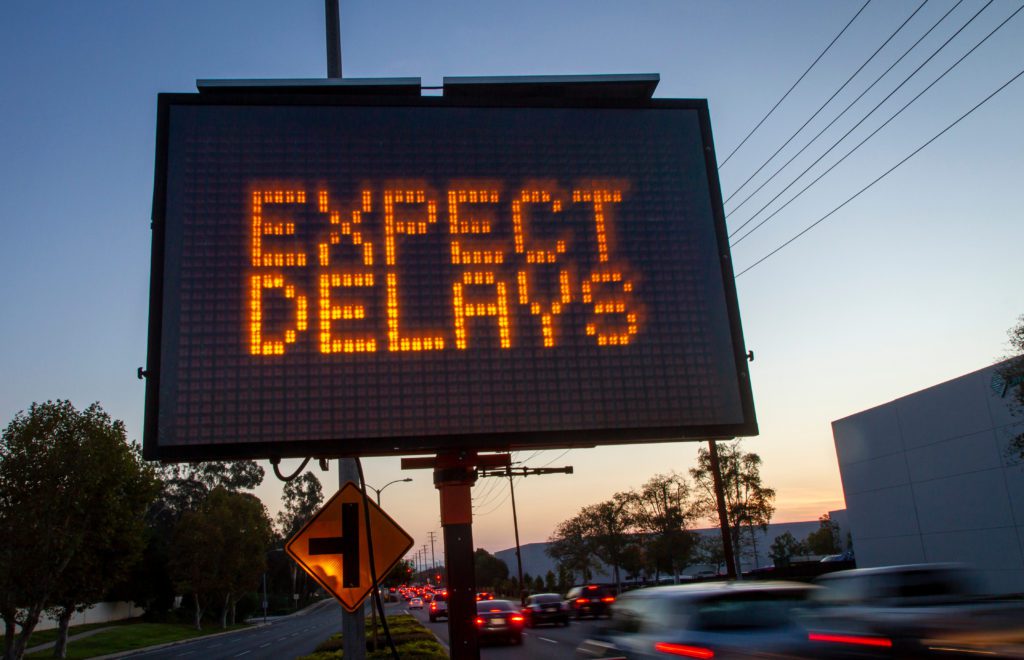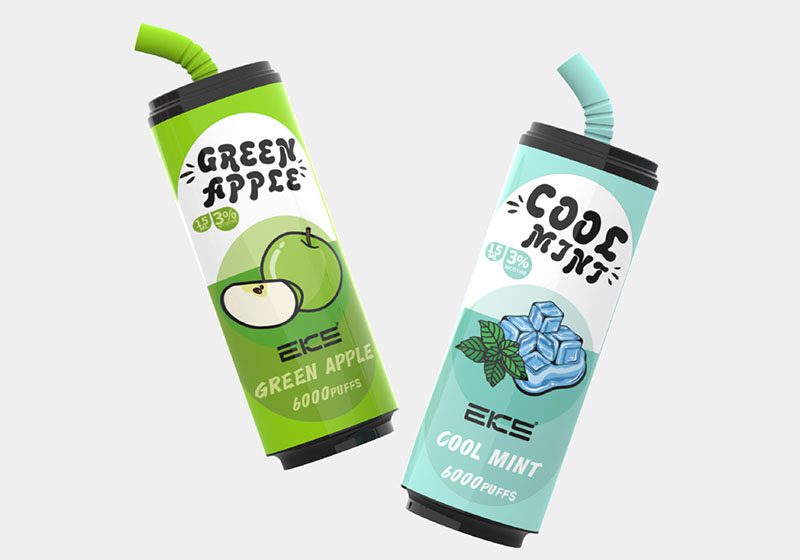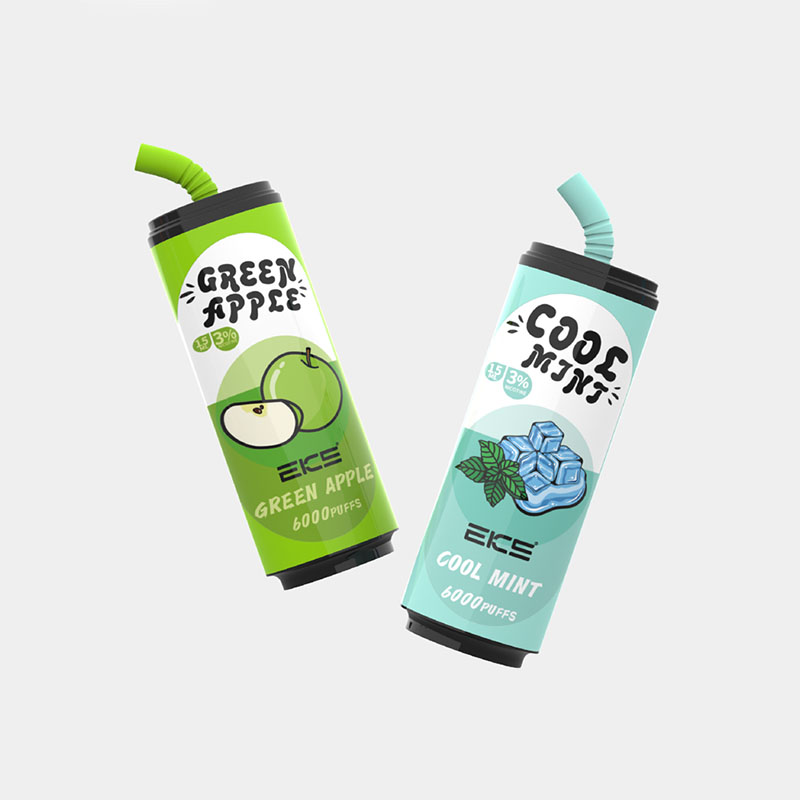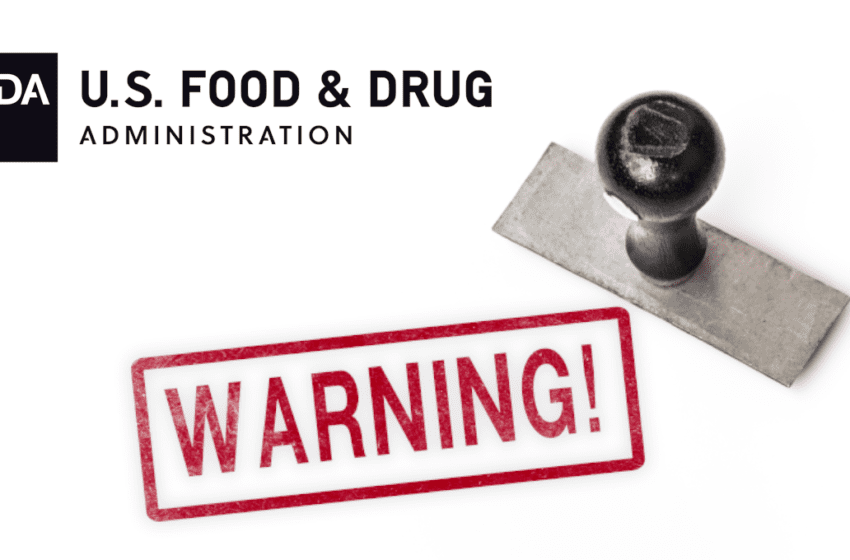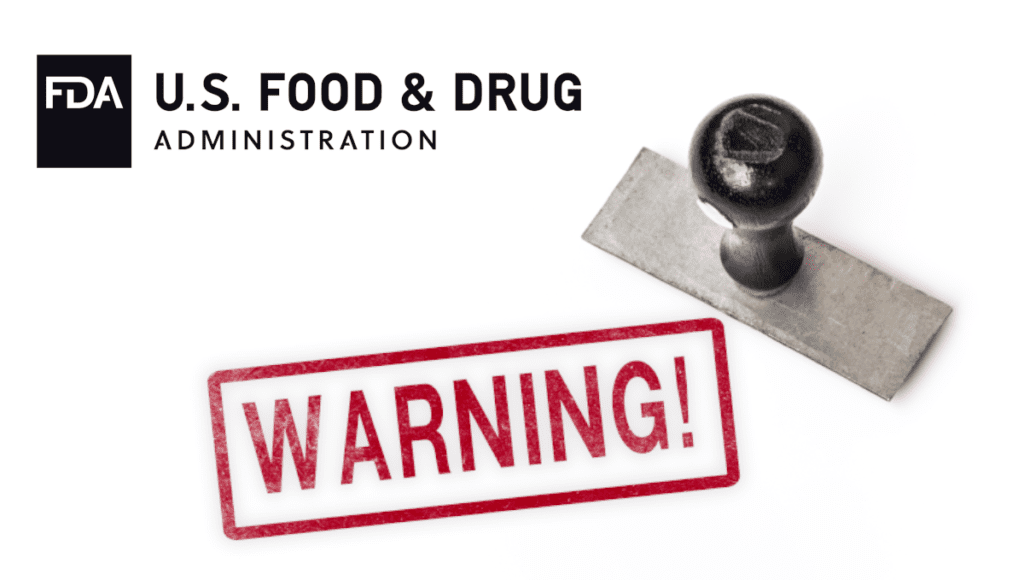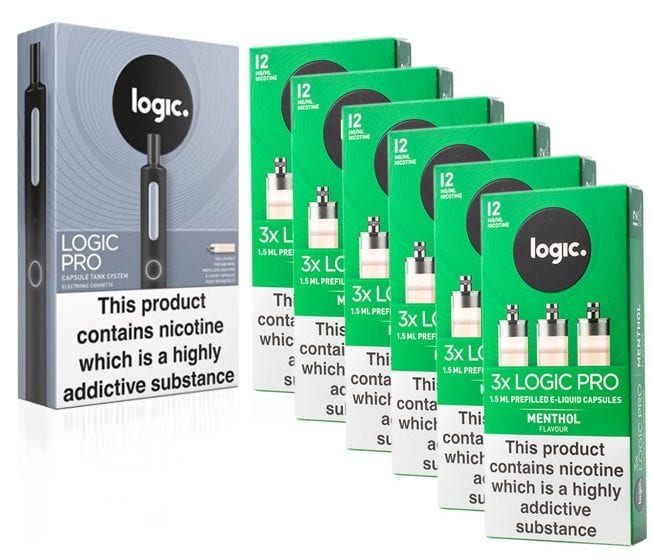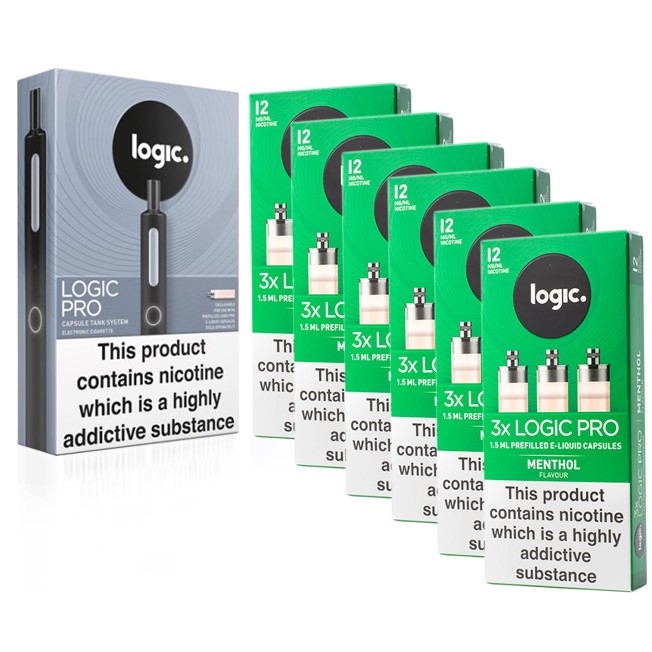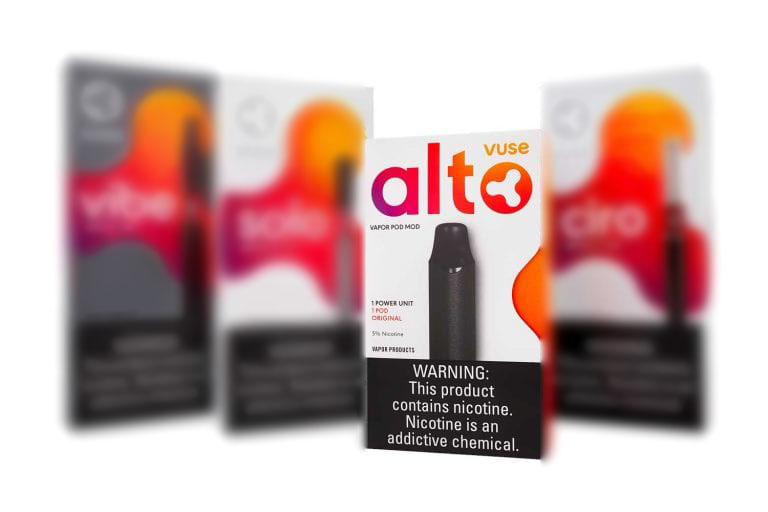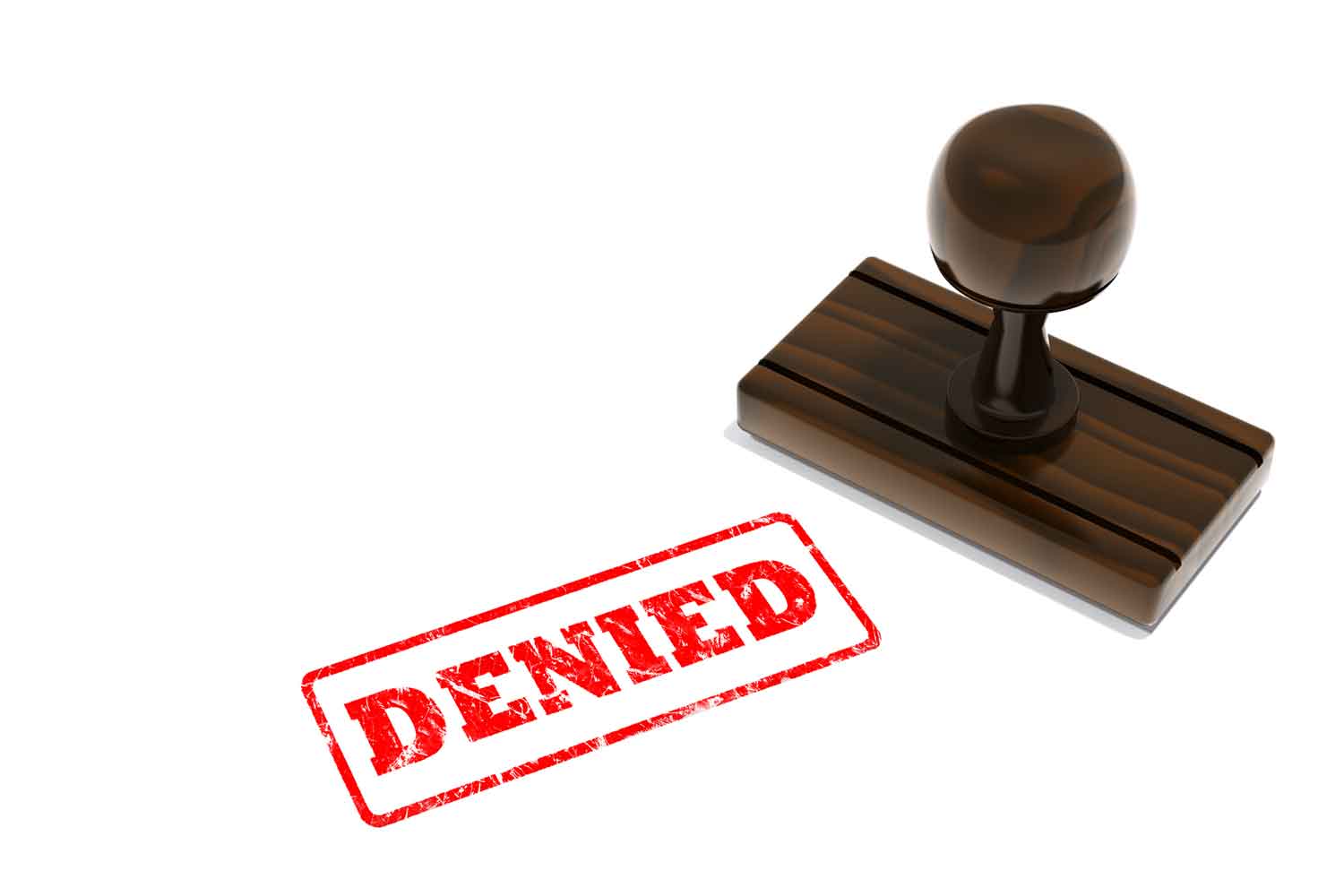
One of the oldest MOD makers in the vaping industry has filed an appeal of the U.S. Food and Drug Administration’s marketing denial orders for six of the company’s open-system vaping devices.
China-based Shenzhen IVPS, the parent to SMOK brand vaping devices, filed the appeal after with the New Orleans, Louisiana-based U.S. Court of Appeals for the Fifth Circuit, and was joined in the suit by a Dallas, Texas-based distributor of the SMOK products that were denied marketing.
The FDA claimed that it had issued the MDOs for the premarket tobacco product applications (PMTAs) for the SMOK products because the applications “failed to provide sufficient data to characterize constituent delivery, product stability, and product abuse liability.” The agency also stated that SMOK failed to provide a specific e-liquid and consumers could use any e-liquid in the devices.
Shenzhen IVPS strongly challenges those assertions, as the company “invested more than $30 million in its applications, which totaled well over 600,000 pages in all, and collaborated with the world’s leading laboratories to conduct robust harmful and potentially harmful constituent aerosol testing, in vitro toxicology testing and toxicological analysis, accelerated and 24-month storage and stability testing, and rigorous clinical pharmacokinetic studies to test the products’ potential abuse liability profiles,” according to a press release.
Welfer Ouyang, Shenzhen IVPS CEO, said he was “very concerned” that the agency issued marketing denial orders on open-system devices that are sold without any nicotine-containing e-liquid.
“FDA is using isolated data from testing of the devices with e-liquid formulations that the products’ instruction manuals specifically warn are not compatible with these devices, and ignoring the overwhelmingly positive toxicological and safety profile of these products,” said Ouyang.
On Jan. 3, the U.S. Court of Appeals for the Fifth Circuit ruled that the FDA acted “arbitrarily and capriciously” in rejecting PMTAs of Wages and White Lion Investments, doing business as Triton Distribution, and Vapetasia for approval to sell their products in the United States.
The 9-5 decision by the New Orleans-based 5th U.S. Circuit reversed a July 2022 decision by a three-judge panel of that court.
The agency “sent manufacturers of flavored e-cigarette products on a wild goose chase,” telling them what would be needed to approve their products, and then denying all applications, the court said in an opinion by Judge Andrew S. Oldham. The FDA “never gave petitioners fair notice that they needed to conduct long-term studies on their specific flavored products,” Oldham wrote.


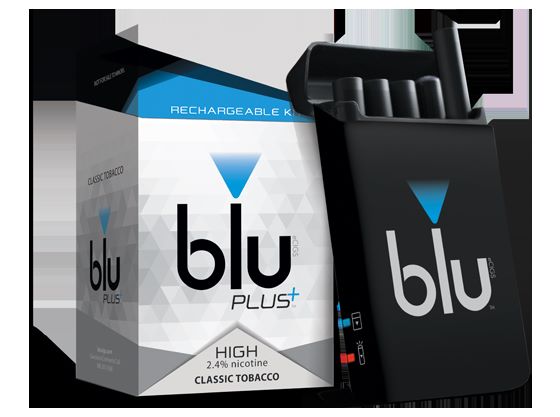

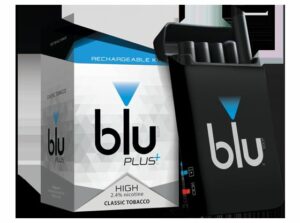 “In addition, the applicant did not provide sufficient evidence demonstrating that the flavored new products have a potential to benefit adult smokers, in terms of complete switching or significant cigarette use reduction, that would outweigh the risk to youth.
“In addition, the applicant did not provide sufficient evidence demonstrating that the flavored new products have a potential to benefit adult smokers, in terms of complete switching or significant cigarette use reduction, that would outweigh the risk to youth.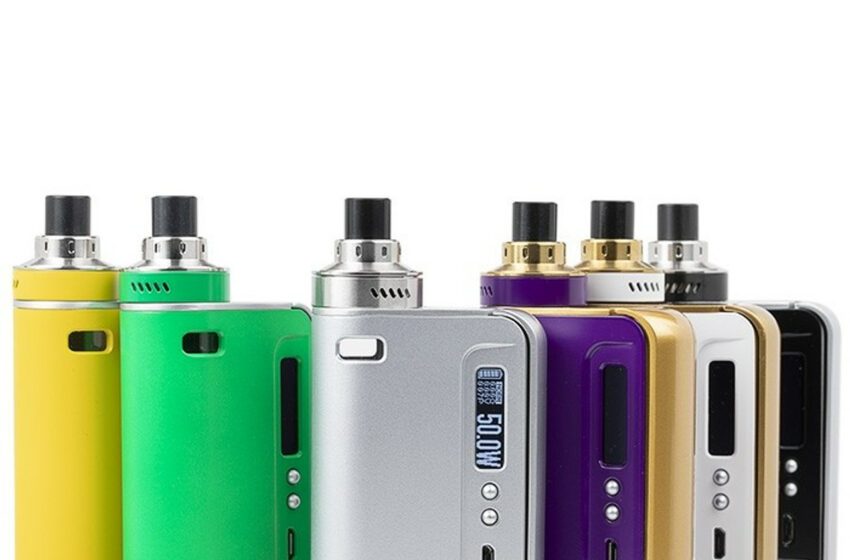

 More specifically, the applicant failed to provide sufficient data to characterize constituent delivery, product stability, and product abuse liability.
More specifically, the applicant failed to provide sufficient data to characterize constituent delivery, product stability, and product abuse liability.




